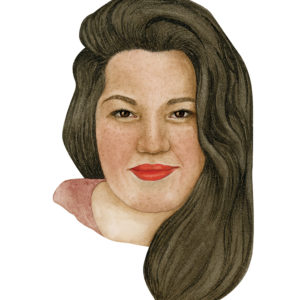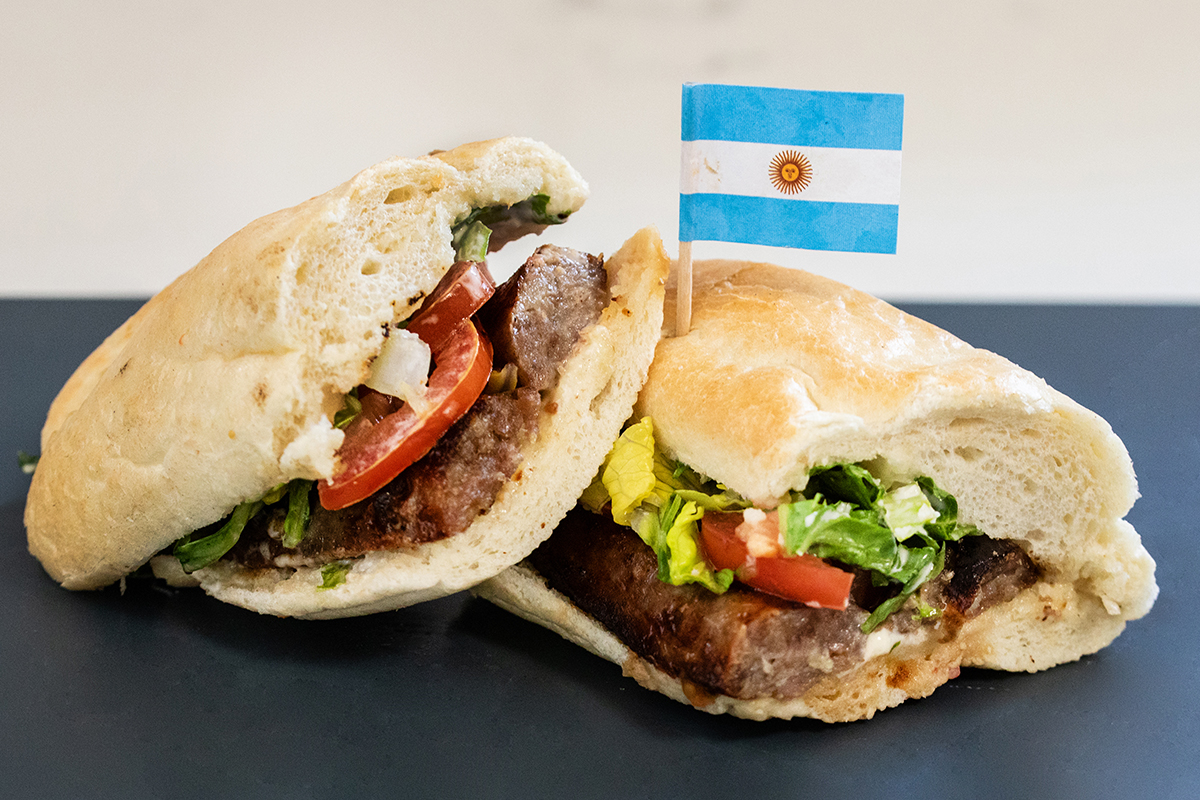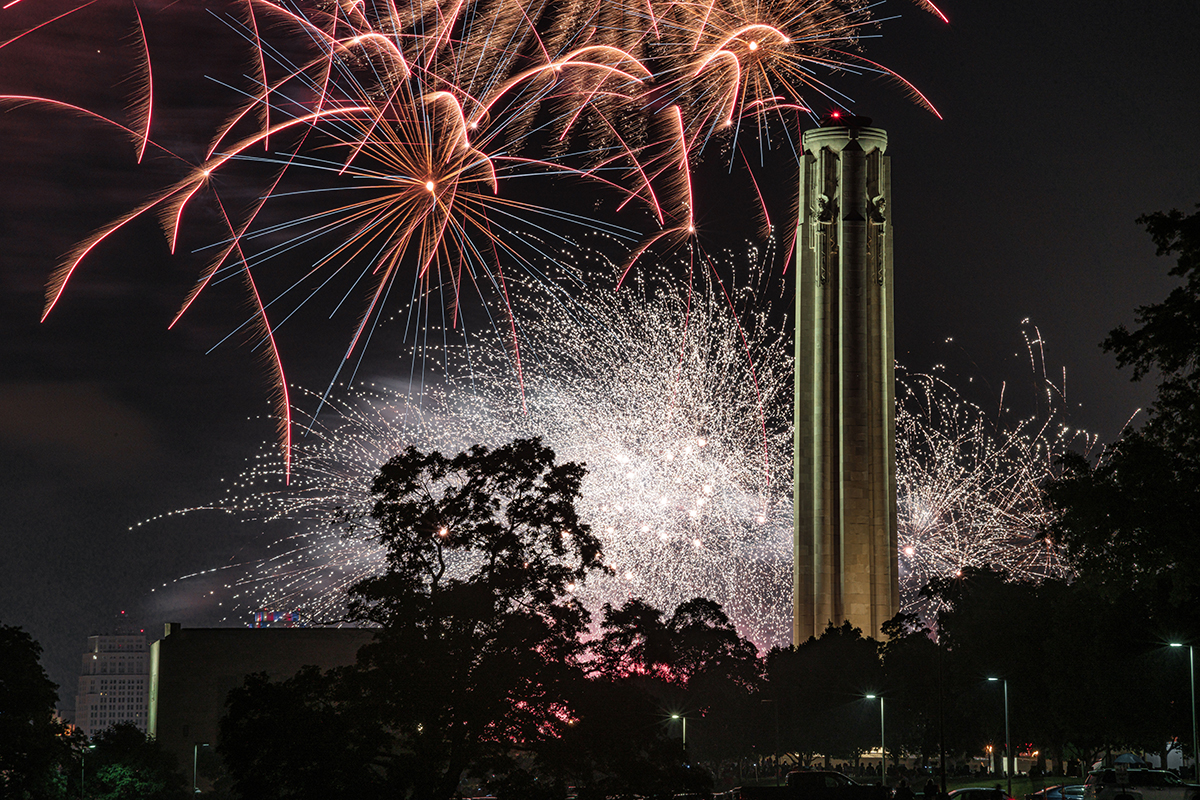Diana Condori remembers the first time she passed through the Puerta del Sol gateway at Tiwanaku, an ancient sacred site in her home country of Bolivia. Angular petroglyphs are carved into a single ten-ton volcanic rock, and through the arch, this megalith offers breathtaking views of the Andes mountains. Puerta del Sol is thought to be part of an archaic astronomical calendar—a door to another world.“In English, it’s called the sun door,” Condori says. “You’re entering a new life, a new era. When you go through the sun door, you’re experiencing something for the first time.”
That feeling is what Condori hopes each of her cocktails capture. At Condor’s Cove, the Tiki-inspired pop-up cocktail bar that she launched in January, Condori fuses together her indigenous Bolivian roots with Tiki elements that she has come to love. Condori’s Tiki education began at TikiCat in Westport, where she was a bartender and manager until the space closed last summer. Although it originated in oceanic Polynesia, the spirit of Tiki culture reminds Condori of her childhood in La Paz and the jungle farm her grandparents had, teeming with orange and banana trees.
“That pairs with Tiki, where the idea is that you escape for a minute,” Condori says. “When I first started learning about these drinks, they reminded me of my grandma’s farm, where we would eat ripe fruit straight from the tree. It was like escaping into a memory.”
With Condor’s Cove, Condori offers a respite both to guests and restaurant owners, who can leverage the sales-boosting pop-up to alleviate some of their pandemic blues. Condori coordinates the booze order with the bar manager and provides everything else, from the labor-intensive homemade syrups and garnishes to the glassware and decor. Condori consciously eschews Tiki stereotypes—you won’t find bamboo accents or mugs caricaturing Polynesian gods—in favor of colorful aguayos (traditional Bolivian cloth woven by indigenous cholitas), understated garnishes and South American ingredients.
“There’s a rich culture in Bolivia, and with Condor’s Cove, I can pull my own experiences in and experiment with fruits and spices that may not typically be found in Tiki cocktails,” Condori says.
Cachaça—a Brazilian spirit made from fermented sugarcane juice—features prominently in many of Condori’s cocktails, along with pisco (a Peruvian and Chilean grape brandy), pitaya (dragon fruit) and granadilla (similar to passion fruit).
“A Tiki drink has spices, sour and sweetness,” Condori says. “I tinker on those guidelines and use what I can relate to.”
Yes, you can still get a Flaming Zombie at Condor’s Cove. But you’d do better with the Dolphin Banana featuring banana liqueur, coconut cream and cachaça or the Bossa Andes with raspberry liqueur, allspice dram, aquafaba and rum.
And if it’s on the menu, order the Sun Door. Condori combines Jamaican Probitas rum with a grassy cachaça, passion fruit simple syrup, allspice and homemade Falernum (rum-based liqueur with sugar and citrus). It’s bright and breezy, glimmering with tropical notes and something else—something you can’t quite put your finger on. Something entirely new.






